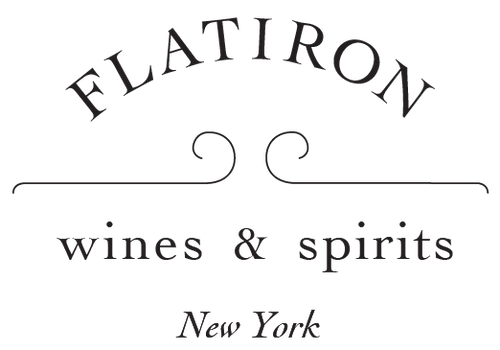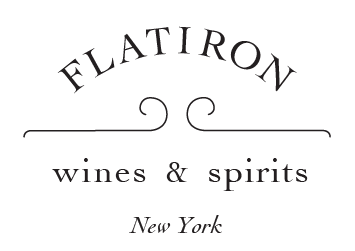Diebolt-Vallois may have only 11 hectares of vines, but they are mostly found in a Grand Cru village so well-known for its Chardonnay that even casual connoisseurs will be familiar: Cramant. There are two keys to Cramant's success. First, is chalk, which lies just below a thin stratum of soil. This gives the wines their mineral notes and special texture. Second is perfect orientation, with vines facing mostly southeast—just as they do in the great Chardonnay villages of the Côte d’Or. As you might expect, D-V specializes in Chardonnay. However, surprisingly for a producer of this size, the domaine also has small holdings on the Montagne de Reims and in the Côte des Bar where they grow a little Pinot Noir and Meunier. Farming and winemaking are artisanal and traditional here. Reserve wines are stored in giant wooden casks that rest in a cellar carved out of the chalk that lies below the winery. Malolactic fermentations are allowed to proceed naturally, giving warmth and richness to the Champagnes. Dosage is on the low side.
Details
-
Grape Variety
-
Vintage
NV
-
Size
750ml
-
Farming Practice
Traditional
-
Style
Crisp , Elegant , Minerally
-
Sweetness
Dry
-
Body
Medium Bodied
Champagne
Champagne boasts some of the world’s greatest luxury brands with Krug, Cristal and, of course, Dom Perignon. But it’s also home to hundreds of small dynamic producers—farmers who grow their own grapes (often organically) and make (often with natural methods) tiny amounts of pure and absolutely delicious wine that reflect the individual personalities of their villages and terroirs. Toast with these wines, for sure. But also treat them like the great wines they are: taste, drink, explore!













